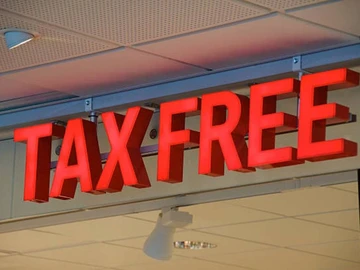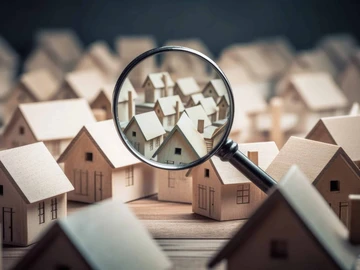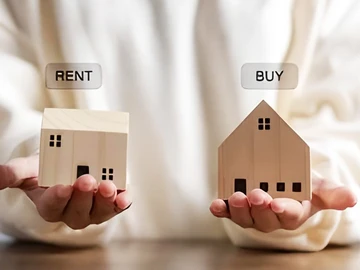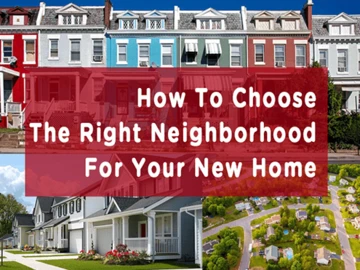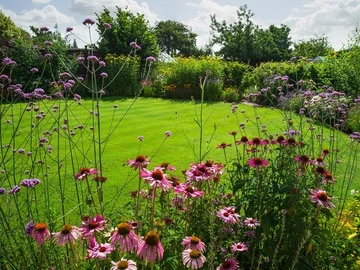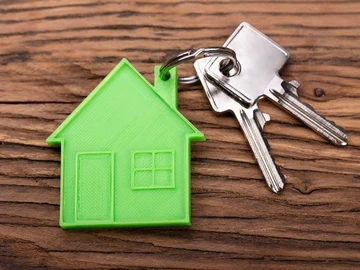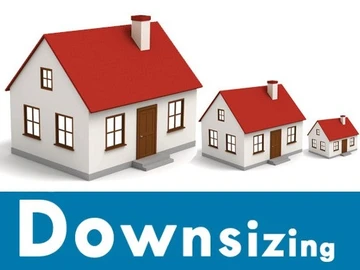Bulawayo, Zimbabwe’s second-largest city, is a unique blend of urban amenities and rich cultural heritage, offering a lifestyle that appeals to both locals and expatriates. Like any city, Bulawayo has its advantages and drawbacks. Here’s an in-depth look at the pros and cons of living in Bulawayo to help you decide if it’s the right place for you.
Pros of Living in Bulawayo
1. Affordable Cost of Living
Compared to Zimbabwe’s capital, Harare, Bulawayo offers a more affordable lifestyle. Housing, groceries, and entertainment are generally cheaper, making it a great option for families and individuals looking for quality living on a budget.
- Example: A one-bedroom apartment in the city center averages $250 - $350 monthly, while similar apartments in Harare are often higher, according to Property.co.zw.
2. Beautiful and Calm Environment
Bulawayo is known for its spacious layout and green suburbs, providing a more relaxed, suburban feel. Neighborhoods like Hillside and Burnside are filled with greenery and offer large homes with ample space for families.
- Example: Parks like Matobo National Park are a short drive away, offering residents easy access to nature for weekend getaways and outdoor activities.
3. Rich Cultural and Historical Significance
As Zimbabwe’s “City of Kings,” Bulawayo has a strong cultural and historical background. It is home to several museums, art galleries, and historical sites, making it culturally enriching for residents and a tourist-friendly city.
- Example: Sites such as the Bulawayo Railway Museum and National Gallery of Zimbabwe in Bulawayo attract locals and visitors alike, offering a glimpse into Zimbabwe’s rich history.
4. Less Congestion
Unlike Harare, Bulawayo experiences less traffic congestion and is easier to navigate. Roads are less crowded, and the pace of life is generally slower, which many people find appealing.
For those who prefer a calm environment without the hustle and bustle of major city traffic, Bulawayo provides a more relaxed lifestyle, ideal for families and retirees.
5. Affordable and Quality Education
Bulawayo has a variety of public and private schools offering quality education at relatively affordable prices compared to other regions. Many schools, including Petra High and Girls College, provide well-rounded education opportunities for children and young adults.
Cons of Living in Bulawayo
1. Unreliable Utilities
Like much of Zimbabwe, Bulawayo faces challenges with power outages and inconsistent water supply. Many residents rely on backup generators and boreholes, which can add to living expenses.
Example: According to ZIMSTAT, households in Bulawayo spend an average of $40 - $70 monthly on electricity, with some investing in solar panels or backup generators to mitigate outages.
2. Limited Job Opportunities
Bulawayo has fewer job opportunities compared to Harare, especially for those in specialized fields. While there are jobs in trade, manufacturing, and retail, the local economy isn’t as robust, and many professionals may need to consider entrepreneurial options or remote work.
Impact: Young professionals and those in specialized sectors may need to look at opportunities outside the city or work remotely to find the desired level of career growth.
3. Distance from the Capital
As Zimbabwe’s main government and business hub, Harare offers more in terms of large-scale events, business connections, and economic activity. Living in Bulawayo may feel limiting for those who need to travel frequently to the capital, which is around 439 km away.
- Transport Options: Air travel between Harare and Bulawayo is available but can be costly, adding time and expense for those who regularly commute for business.
4. Limited Healthcare Facilities
While Bulawayo has public and private healthcare facilities, it doesn’t have the range of advanced medical facilities that Harare does. Complex medical cases often require travel to Harare or South Africa for specialized care.
- Example: Residents often rely on private health insurance to access quality care, with average insurance premiums of $50 - $100 per month for basic coverage.
5. Fewer Entertainment and Shopping Options
Compared to Harare, Bulawayo has fewer shopping malls, entertainment venues, and dining options. While there are several quality restaurants, cafes, and cultural venues, the variety is limited, especially for those used to a larger city experience.
- Example: The Zonk’Izizwe Shopping Mall offers a range of retail and dining options, but frequent travelers to Harare often find the choices more limited.
Conclusion: Is Bulawayo Right for You?
Bulawayo is a city of charm and history, offering a unique blend of affordability, tranquility, and cultural depth. It’s ideal for those seeking a slower pace of life, affordable housing, and a family-friendly environment. However, the challenges with utilities, fewer job opportunities, and limited shopping and entertainment options are factors to weigh, particularly for young professionals or those seeking extensive amenities.
For those considering Bulawayo, Property.co.zw provides comprehensive listings and resources, offering a close look at available homes and neighborhoods in this dynamic city.
 Continue with Facebook
Continue with Facebook
 Continue with Email
Continue with Email





